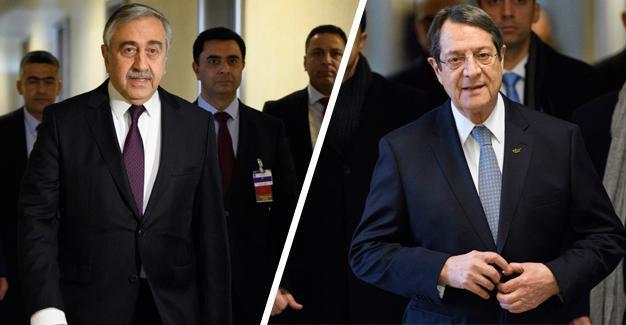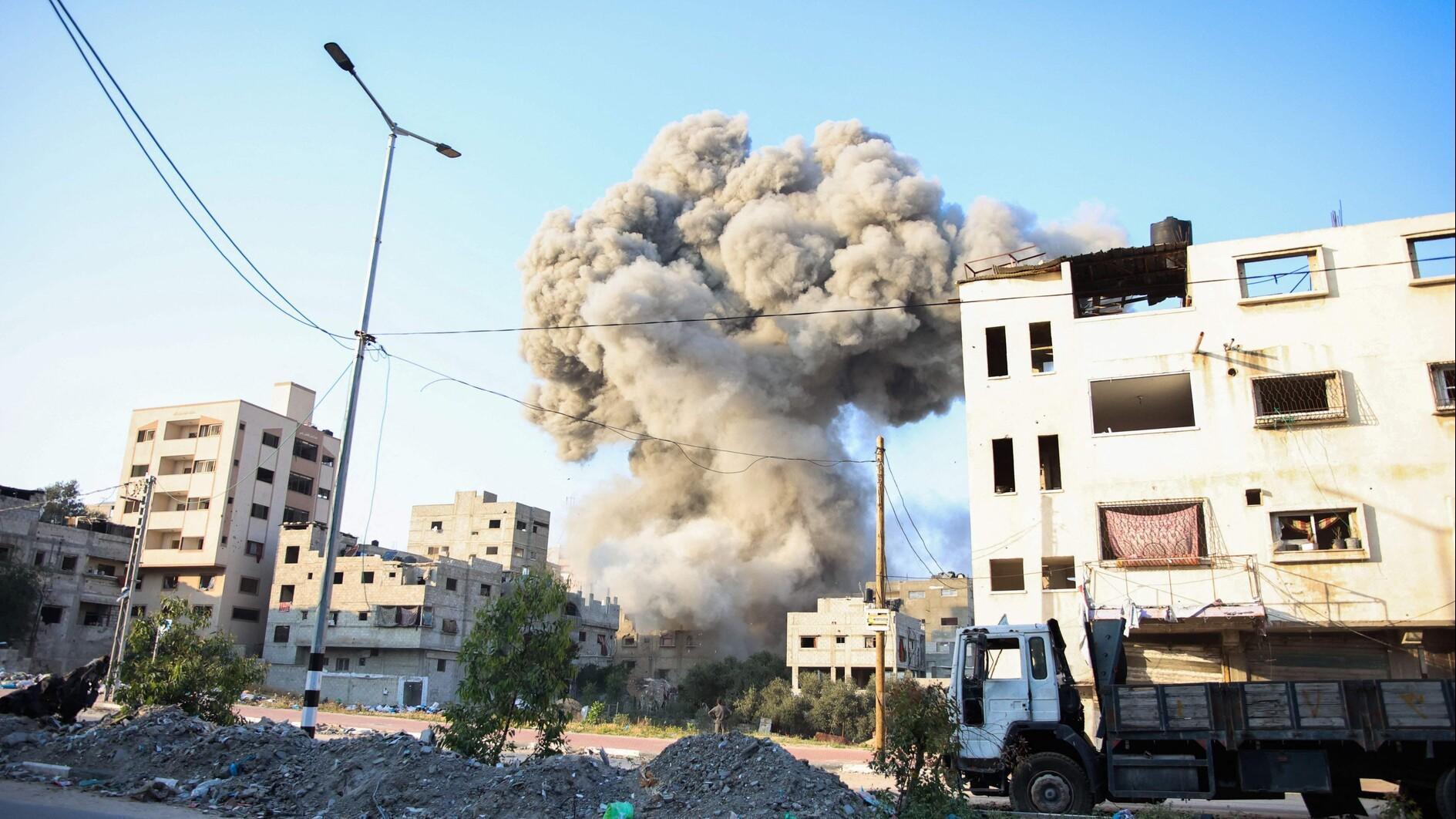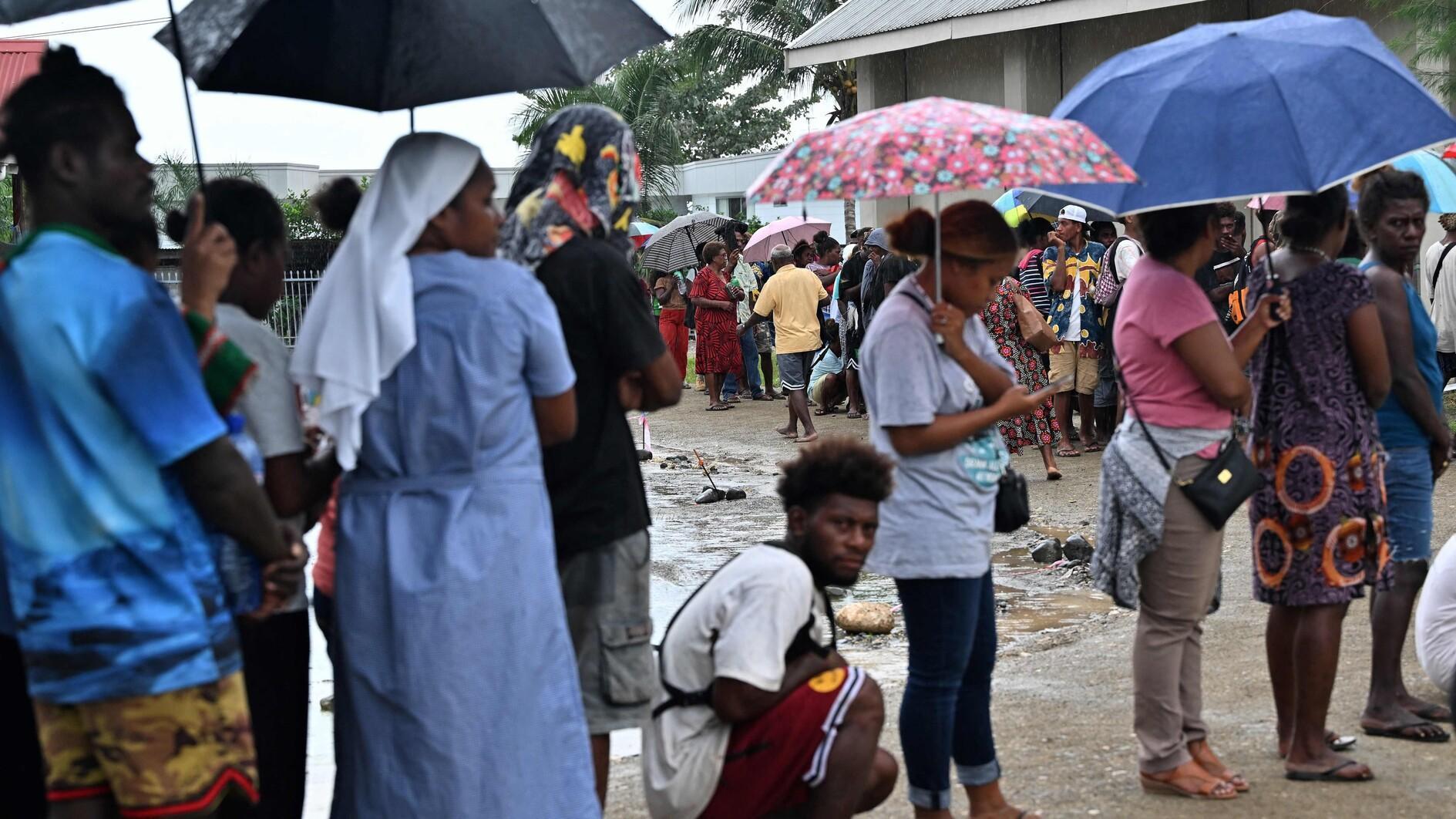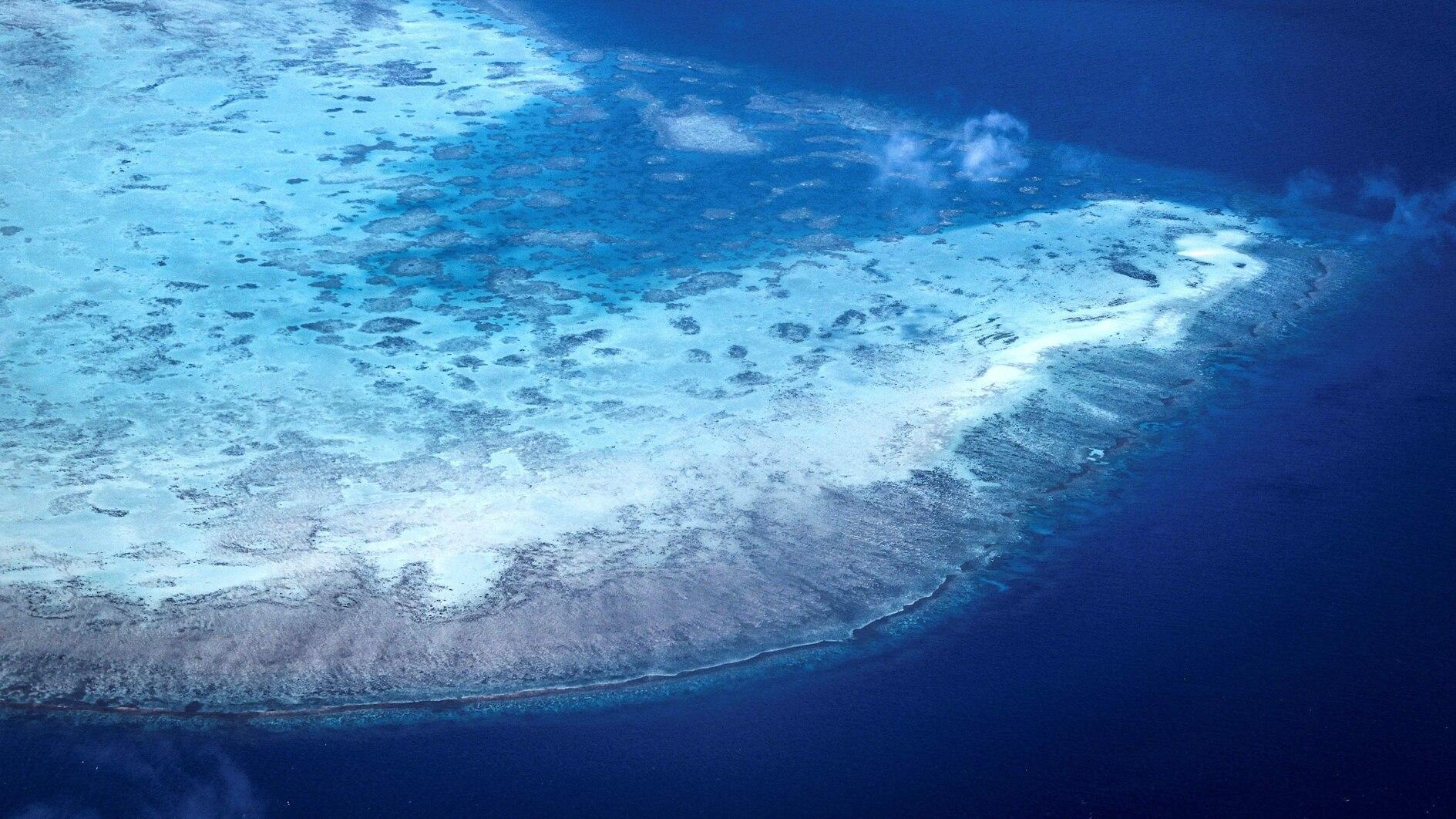Both Cypriot sides ‘reject’ respective map offers
ANKARA / NICOSIA
 Rival Cypriot delegations have failed to agree on maps for new borders on the divided island state, each slamming the other’s proposals as “unacceptable,” Turkey’s foreign minister has said.
Rival Cypriot delegations have failed to agree on maps for new borders on the divided island state, each slamming the other’s proposals as “unacceptable,” Turkey’s foreign minister has said.Mevlüt Çavuşoğlu said on Jan. 14 that the Greek Cypriot and Turkish Cypriot delegation had delivered letters to U.N. Secretary-General Antonio Guterres “saying they would not accept the maps they had seen.”
A week of U.N.-brokered talks in Geneva between and Turkish Cypriot President Mustafa Akıncı and Greek Cypriot leader Nicos Anastasiades had sparked optimism that an agreement to reunify the island could be at hand.
For the first time since Cyprus was divided, each side unveiled their vision on Jan. 11 of how they saw the borders of a reunified country.
But hopes stalled on Jan. 13, with the rival sides in the decades-old dispute at loggerheads over the future of Turkish troops on the divided island – and its boundaries.
Akıncı “strongly stressed that the Greek offer could not be taken seriously, [and] that no Turkish Cypriot would accept this map,” Çavuşoğlu said. “The same goes for us.”
The thorny issue centers on how the boundaries are redrawn, including around the once Greek Cypriot town of Morphou on the northern coast, known as Güzelyurt in Turkish.
Anastasiades has warned that there can be no deal without a full return of Morphou, while some in the Turkish Cypriot camp have declared its return a non-starter.
The maps swapped on Jan. 11 will not be disclosed publicly, with the U.N. hoping that both sides eventually agree on a compromise version.
Turkish President Recep Tayyip Erdoğan said on Jan. 13 that Greek Cypriots still have “different expectations.”
“These maps are not open for discussion,” Çavuşoğlu said.
“This is neither the time nor the place,” he said, adding that other more pressing issues would have to be resolved first.
One such issue is troop deployment. Cyprus’s so-called guarantor powers – Britain, Greece and Turkey – were at the U.N. on Jan. 12 to talk about security, a bedrock issue in the peace process aimed at creating a two-zone federation.
A working group is due to convene on Jan. 18 to hammer out security arrangements for a post-settlement Cyprus.
The group will meet for two to three days only, followed by another round of high-level talks, a source close to the Turkish Cypriot side told Reuters on Jan. 15.
Britain, Greece and Turkey agreed to set up the working group to look at security arrangements after these turned out to be a major sticking point.
The Greek Cypriot side has previously said there was no time frame for the talks.
The working group made of technocrats from all countries involved were scheduled to meet at the Swiss resort of Mont Pelerin on Jan. 18.
“The general agreement is that [working group session] should not take place for more than two or three days,” the source told Reuters, requesting anonymity because of the sensitivity of present discussions.
This would be followed by a new summit of politicians, possibly at a “higher level” than the foreign ministers who met in Geneva last week, the source said. “All this should take place within January.”
Cyprus was split into ethnic Turkish and Greek enclaves after Turkish troops intervened in 1974 in response to a coup by Greek Cypriot militants seeking union with Greece.
Greece, Turkey and Britain were assigned as “guarantor” powers in a treaty adopted when Cyprus gained independence from London in 1960.
The Greek side seeks the abolition of the guarantor system, accusing Turkey of abusing it through its 1974 intervention and the continued stationing of some 30,000 Turkish troops in the north.
The Turkish side says some form of presence must be maintained to protect the minority Turkish side from a repeat of the turbulent 1960s.
Erdoğan last week said a total pull out of Turkish soldiers from the island “is not possible.”
















